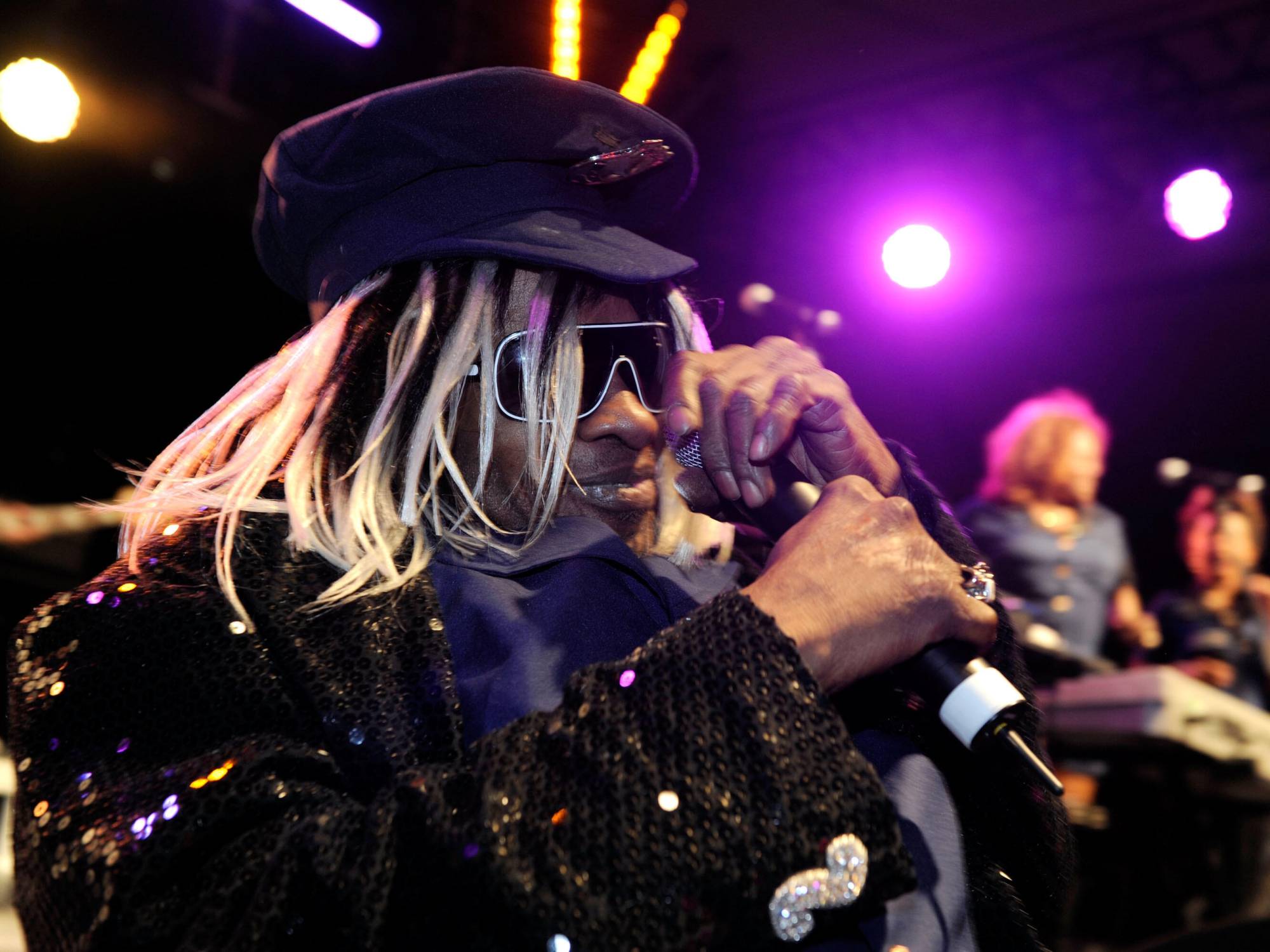During this time Stone also worked as a record producer for Autumn Records, producing San Francisco-area bands. One of the Stone-produced singles was Bobby Freeman’s “C’mon and Swim,” which reached No. 5 on the U.S. pop chart in 1964.
Stone and his brother Freddie merged their own bands together in 1966 to form Sly & the Family Stone. In it, women — notably — were not just vocalists but also played instruments, a rarity for the era. And it included both Black and white musicians. Within a few years, the group was turning out hits such as “Everyday People,” “Family Affair,” and “Dance to the Music.”
Although the group attracted a large and diverse audience from its beginnings, Stone was pressured by the Black Panthers to kick the white members out of the group — sometimes in menacingly and in person, as saxophone player Jerry Martini recalled in a 2013 interview with NPR.
“Sly always, always stood up for me, and in many instances, he saved my butt,” Martini said.
Sly & the Family Stone’s sound was a dazzling fusion of psychedelic rock, soul, jazz, gospel, and Latin. The group’s early morning performance at Woodstock in 1969 was widely recognized as a legendary moment in a legendary concert.
“The call, the response. It felt like church,” Stone wrote in his 2023 memoir Thank You (Falettinme Be Mice Elf Agin). “The horns went up into the sky. When the show was over, we were wet and cold. I don’t remember how I left, maybe the same way I came in, but I wasn’t there to see Jimi [Hendrix] close the festival.”
“Wee knew something magical was happening. I think after we realized that it was a sea of people in front of us,” Sly’s sister, Rose Stone, told NPR in 2007. “It was about 5:00 a.m. when we went on. It was dark, and we were playing our best… And the sun started to come up and all of a sudden all we could see was just a sea of people. I think it was like an apex of our group.”


